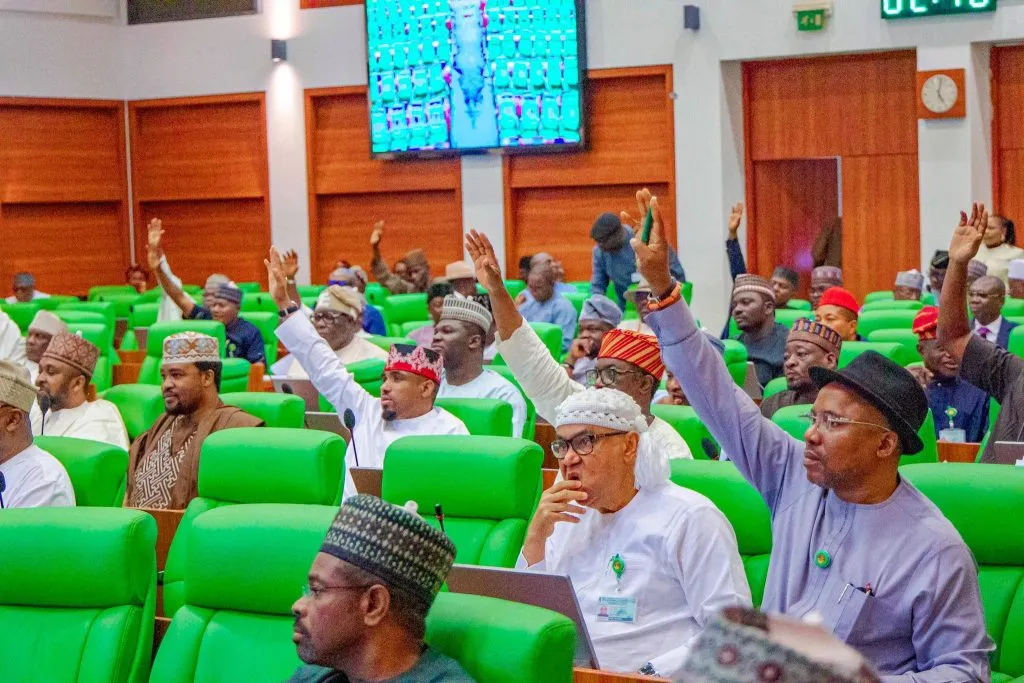By Milcah Tanimu
The Minister of Power, Adebayo Adelabu, announced that implementing higher tariffs for band A electricity customers has significantly reduced government expenditure on electricity subsidies from approximately ₦3 trillion to ₦1 trillion. This revelation was made during a public hearing on electricity rates in Abuja, organized by the House of Representatives Joint Committee on Power, Commerce, National Planning, and Delegated Legislation.
Adelabu explained that without the increased tariffs, the government would have continued to pay subsidies in the region of ₦3 trillion. However, the introduction of higher tariffs for band A customers has shifted the subsidy cost burden to the consumers in that band, thereby alleviating the financial pressure on the government.
Meanwhile, the Nigeria Labour Congress (NLC) and the Trade Union Congress (TUC) have demanded the reversal of the recent electricity tariff increase and the abolition of the customer band classification system. During a joint National Executive Council (NEC) meeting, NLC President Joe Ajaero and TUC President Festus Osifo emphasized the necessity of these measures to mitigate the financial strain on Nigerian workers and the broader society.
The joint NEC meeting, held at the NLC’s National Headquarters, also addressed the federal government’s higher minimum wage proposal. In their communique, the labor leaders stressed that reversing the tariff hike and eliminating the discriminatory banding system are essential steps to ease the economic burden on Nigerians.





